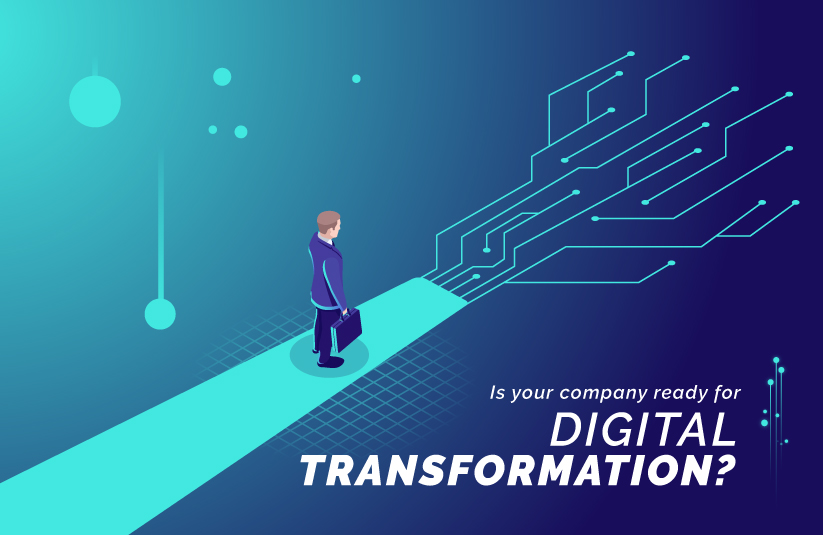Currently Empty: € 0,00

Digital Human Resources (Digital HR) refers to the reinvention of human resource management to succeed in the digital age or to establish an HR unit aligned with the digital era.
Today, HR management is on the brink of a significant transformation driven by digital technologies such as artificial intelligence, big data, social networks, cloud computing, blockchain, and more. The fusion of HR management and digital transformation has led to the emergence of Digital HR.
There are two perspectives to consider:
HR Driving Digital Transformation: Here, HR aligns leadership, culture, talent, structure, and processes to measurably impact the evolving organization.
Digital Transformation Enhancing HR: This perspective focuses on optimizing HR processes using SMAC technologies to create more efficient, effective, and connected HR functions.
Digital HR encompasses both perspectives to play an active role in modern organizations.
Key features of the digital age include:
Interaction: Social media enables better communication and engagement with employees.
Connectivity: Employees can work remotely, receiving necessary support digitally.
Analytics: Data analysis allows for informed decision-making regarding personnel.
Recommendation Systems: AI can suggest suitable job positions to individuals and recommend candidates to employers.
Digital HR operates on two levels:
Digitization: Converting analog processes to digital formats, such as HR portals and electronic HR systems.
Digitalization: Challenging and transforming the nature of work using digital technologies.
In the digital age, work transcends physical boundaries, occurring in virtual spaces. Crowdsourcing and freelancing are becoming prevalent, prompting HR to reconsider management approaches for remote and freelance workers.
The roles and responsibilities of HR units are evolving to meet the needs of the digital era. Technology assists in data collection and analysis, enabling HR to make better decisions, develop improved strategies, and focus on essential tasks like negotiation and employee engagement.

Summary
In the digital era, Human Resources must evolve beyond traditional functions to become a strategic partner in organizational transformation.
Key Strategic Shifts:
-
Dual Role of HR: HR should both drive digital transformation by aligning leadership, culture, and processes, and leverage digital tools to enhance its own efficiency.
-
From Digitization to Digitalization: Transitioning from merely converting processes to digital formats to fundamentally rethinking HR operations through digital technologies.
-
Redefining Workspaces: Acknowledging the shift from physical offices to virtual workspaces, necessitating new management approaches for remote and freelance workers.
-
Data-Driven Decision Making: Utilizing analytics and AI to inform talent acquisition, performance management, and employee development.
Strategic Actions:
-
Invest in Digital Infrastructure: Implement advanced HR technologies to streamline processes and enhance employee experience.
-
Foster a Digital Culture: Promote adaptability and continuous learning to keep pace with technological advancements.
-
Enhance Employee Engagement: Use digital tools to maintain strong connections with a geographically dispersed workforce.
By embracing these strategic imperatives, business leaders can position their organizations for sustained success in the digital landscape.
